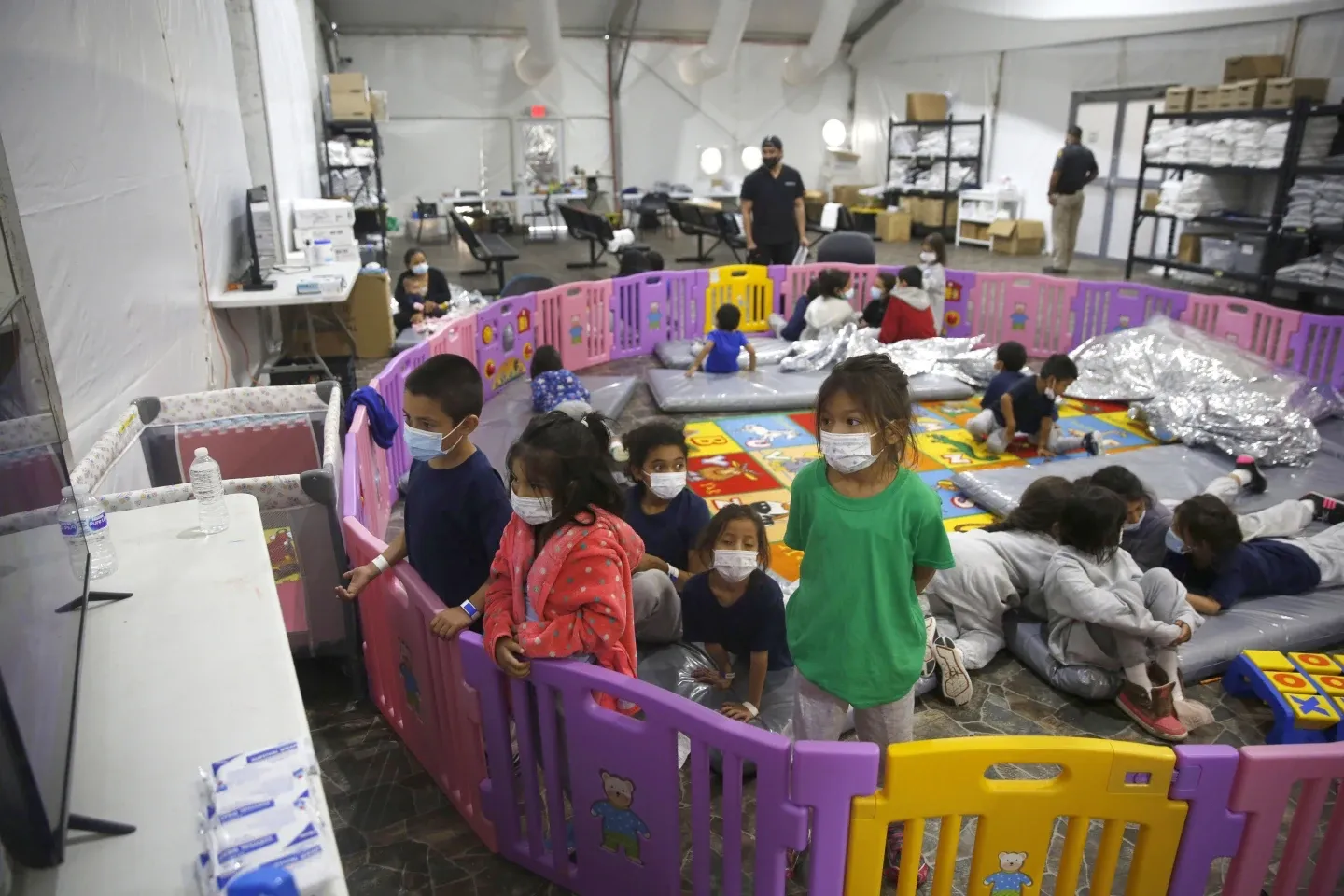Trump admin seeks to end protections for immigrant children
By: Dr. Kirkpatrick Williams
In May 2025, the U.S. Department of Homeland Security (DHS) announced its intent to terminate the Flores Settlement Agreement (FSA), a longstanding legal framework established in 1997 that sets standards for the detention and treatment of immigrant children in federal custody. The FSA limits the detention of minors to 72 hours and mandates safe and sanitary conditions.
Background of the Flores Settlement Agreement
The FSA originated from a 1985 class-action lawsuit filed on behalf of Jenny Lisette Flores and other minors detained by immigration authorities. The case culminated in a 1997 court-supervised settlement that established national standards for the detention, release, and treatment of minors in immigration custody. The agreement remains in effect until the federal government implements final regulations that fulfill its terms.
Government's Position
DHS officials argue that the FSA is outdated, citing newer congressional legislation and agency regulations. They contend that the agreement encourages unlawful family migration and limits the government's ability to manage immigration effectively.
Opposition from Advocates
Immigration advocates oppose the termination of the FSA, expressing concerns that it would expose children to prolonged detention and inadequate conditions. They emphasize the importance of the agreement in providing necessary oversight and protections for vulnerable child migrants.
Legal Proceedings
A court hearing regarding the proposed termination of the FSA is scheduled for July 18, 2025, before U.S. District Judge Dolly Gee, who has overseen the agreement's enforcement. This development follows a previous attempt by the Trump administration in 2020 to dissolve the FSA, which was blocked by the courts.
The outcome of the upcoming hearing will determine whether the FSA's protections for immigrant children will continue or be replaced by new regulations.
